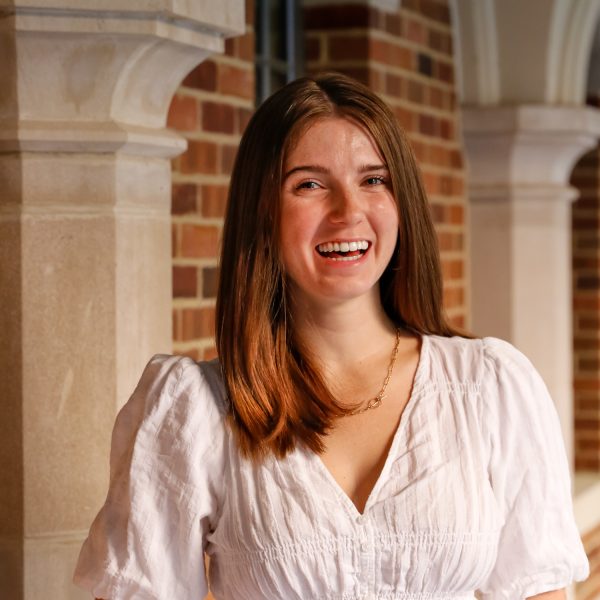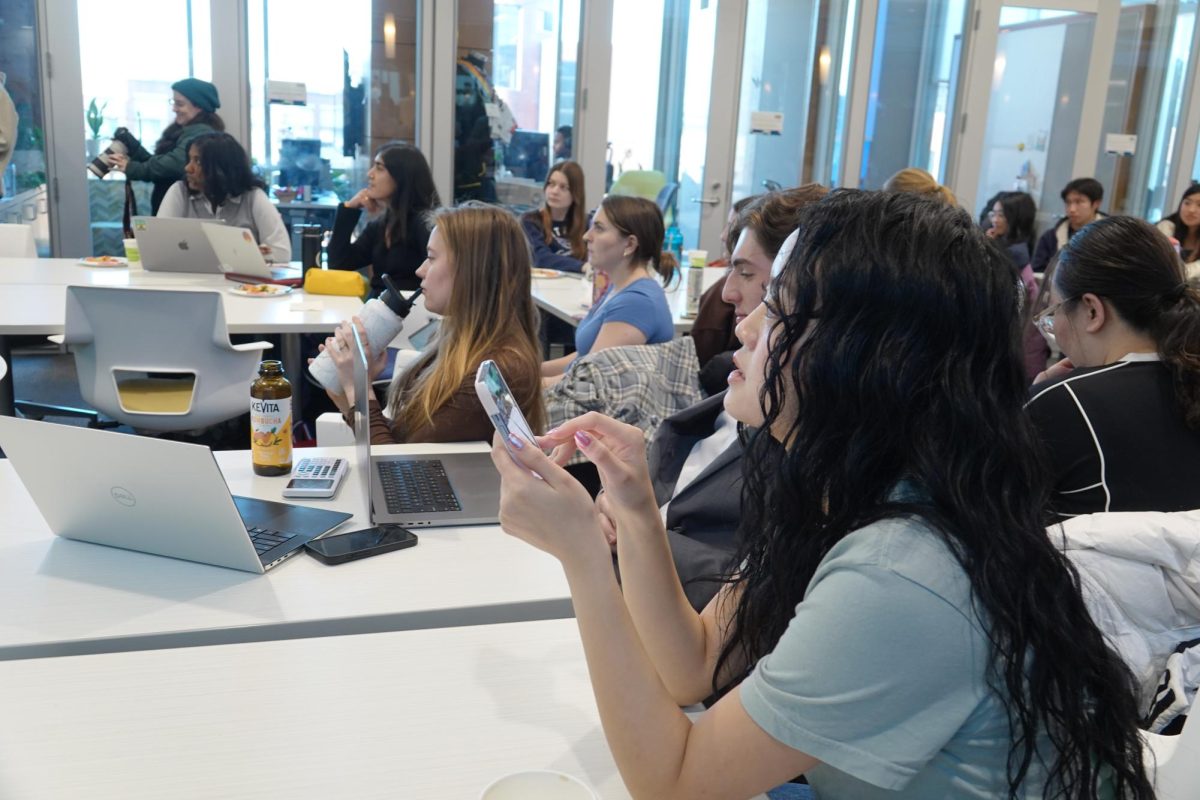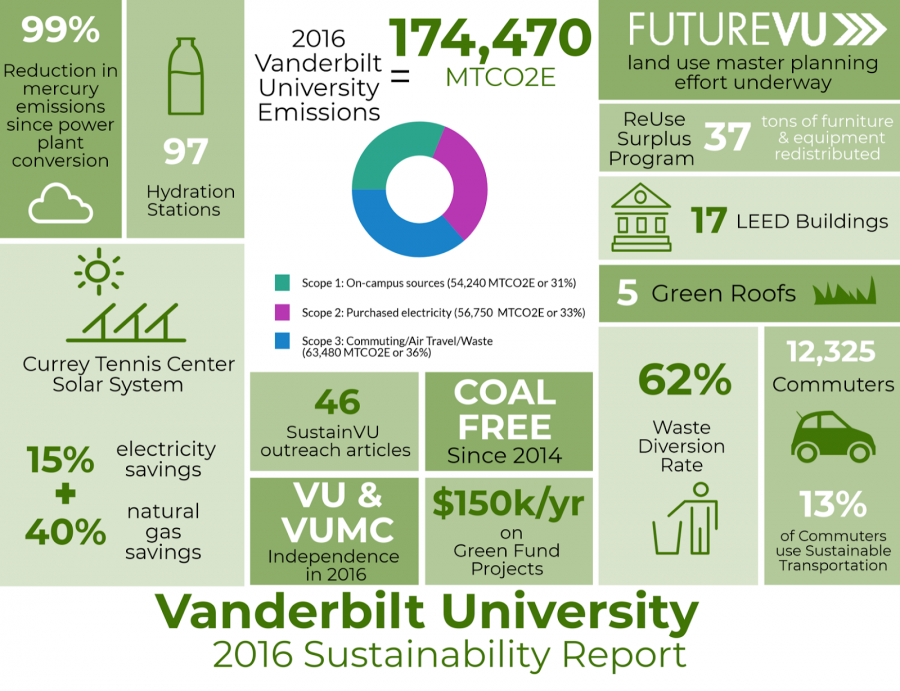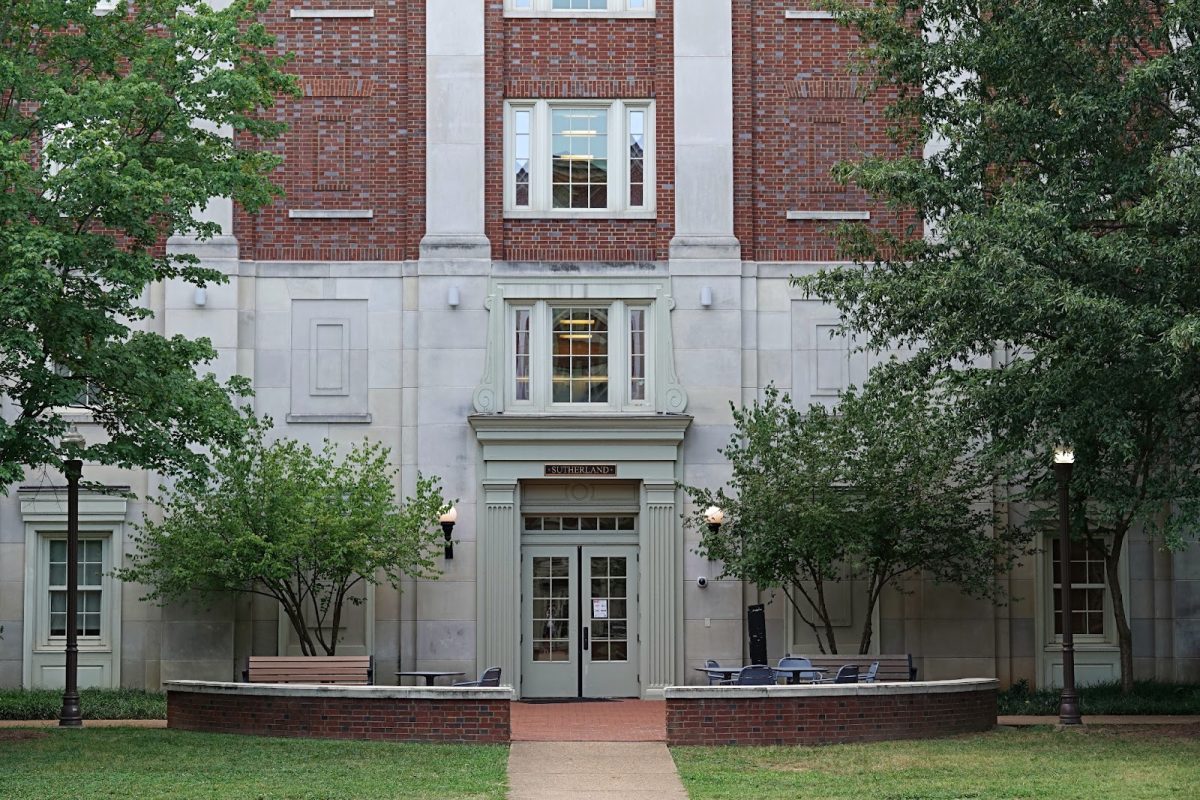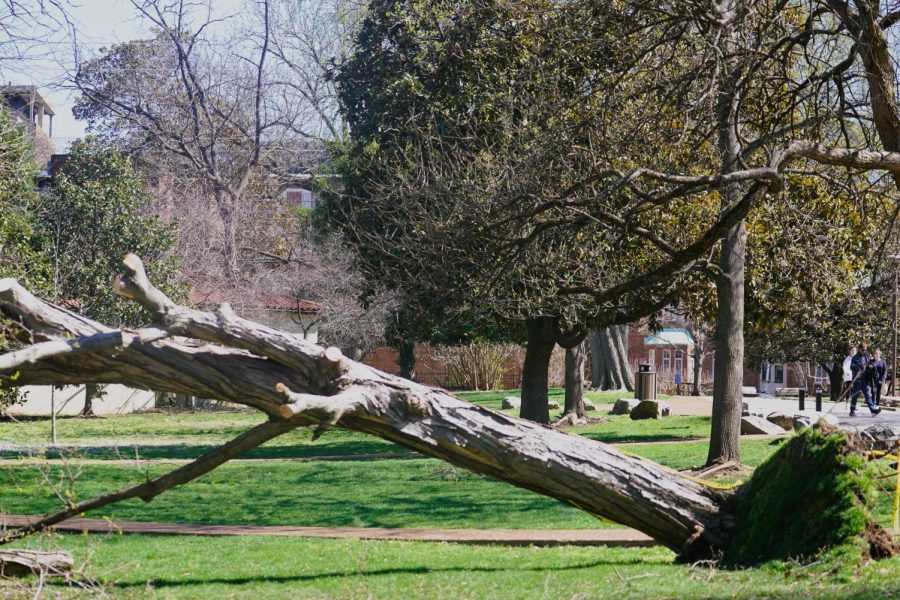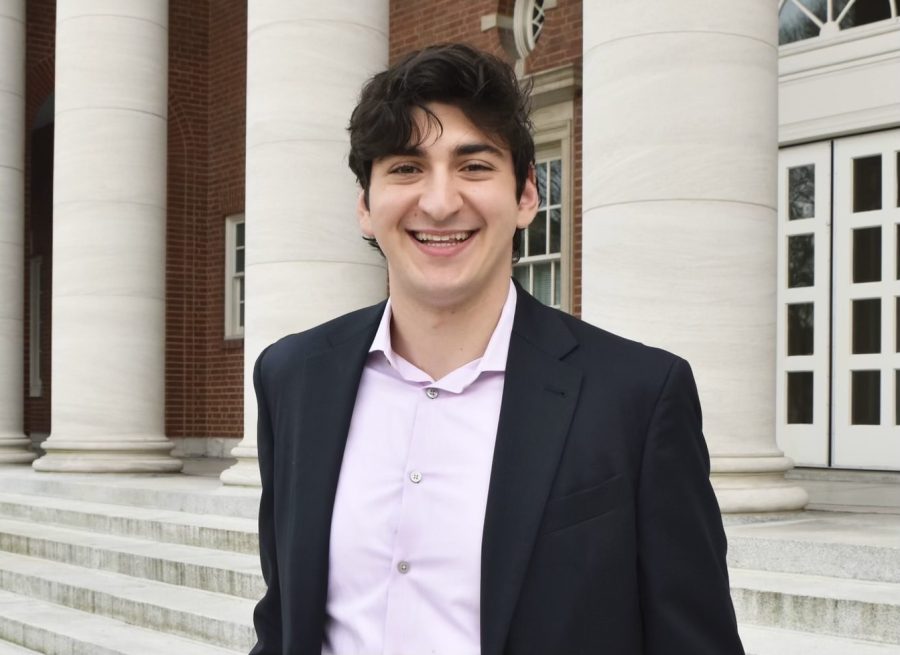The Green Fund, part of Vanderbilt’s Students Promoting Environmental Awareness and Sustainability (SPEAR), hosted its annual Green-a-thon on Feb. 4. The competition generated student ideas for improving Vanderbilt’s environmental sustainability and was held in person for the first time since 2020.
The first-place winners were senior and SPEAR president Joshua Doh, junior and SPEAR member Defne Salli, junior Charlie Baker, sophomore and SPEAR member Celina Sattelkau and sophomore Toni Mecklenburger. They proposed that Vanderbilt utilize energy-extracting tiles from Pavegen in front of high-foot traffic locations, such as Rand Dining Hall, to harvest kinetic energy for other uses, such as electricity, heating and appliances.
Established in 2011 by members of SPEAR and VSG, the Green Fund is a student-administration task force that receives $75,000 annually from Vanderbilt’s Plant Operations to implement sustainable energy and resource strategies. The committee, made up of six administrators, six students and one faculty member, annually reviews and recommends viable projects for implementation with their given capital. The Green-a-thon, the Green Fund’s signature event, is open to all undergraduates. It allows students to propose ideas and garner feedback in anticipation of submitting them to the Green Fund for official review.
Competitors were allotted 50 minutes to work individually or with a team, developing a specific solution that targets an issue of energy and resource consumption on campus. Then, they presented their ideas to a judging panel comprised of 13 Vanderbilt professors and administrators who determined the three winning projects. The scoring criteria for the proposals were environmental impact, creativity and practicality.
“I thought they were all really good, and all really feasible,” Nicole Yeh, first-year and participant, said about the presentations. “The students here, since they’re living it, have the best ideas for the campus.”
Professors and Plant Operations staff were also available during the 50 minutes to consult the students and offer technical advice and suggestions.
“I really enjoyed seeing and being able to talk with professors and Plant Ops people who really understood the infrastructure surrounding our campus and really knew what was feasible,” sophomore and participant Katrina Schwensen said.
The first, second and third place winners of the Green-a-thon are guaranteed funding for their projects with the first place winners eligible to receive up to $15,000 to implement their proposal based on selection by the Green Fund Committee. All undergraduate students are welcome to submit proposals to the Green Fund through the end of February, but funding and implementation will be based on committee review.
“I think it’s really cool how they make it so accessible for students to come in and share their ideas and the fact that they could actually implement them,” Yeh said.
Green-a-thon aims to spread awareness of the Green Fund and promote greater involvement from undergraduate students in environmental solutions, according to junior Ally Questell, the student Green Fund coordinator. She agreed with Yeh’s sentiments.
“It was really cool to see all the unique ideas, the diversity of thoughts and all of the different problems that came up that require solutions,” Questell said. “I think Vanderbilt is very innovative in its approach to sustainability, and it’s cool to see students find areas where there is still growth.”
Sophomore Elsie Jacobsen, participant and member of the Green Fund committee, said she believes past projects of the Green-a-thon and Green Fund have had a “decent impact” on campus.
“One [project] that I notice is the refillable water bottle stations, initially an idea by the Green Fund. I use that almost every day, and a lot of students see it and interact with it,” Jacobsen said. “Some of the others are more on the utility side, such as solar panels on top of the athletic facility. You don’t see it as a student, but that doesn’t mean it doesn’t have an impact.”
Looking to the future of the fund, Questell said she believes that proposal selection should emphasize innovative solutions.
“The goal of the Green Fund is to make Vanderbilt more innovative and more sustainable,” Questell said. “A lot of the solutions in the past have been more within the realm of what’s typical in the space of sustainability, but the Green Fund is trying to encourage students to think outside the box and bring solutions to campus that are unique.”




